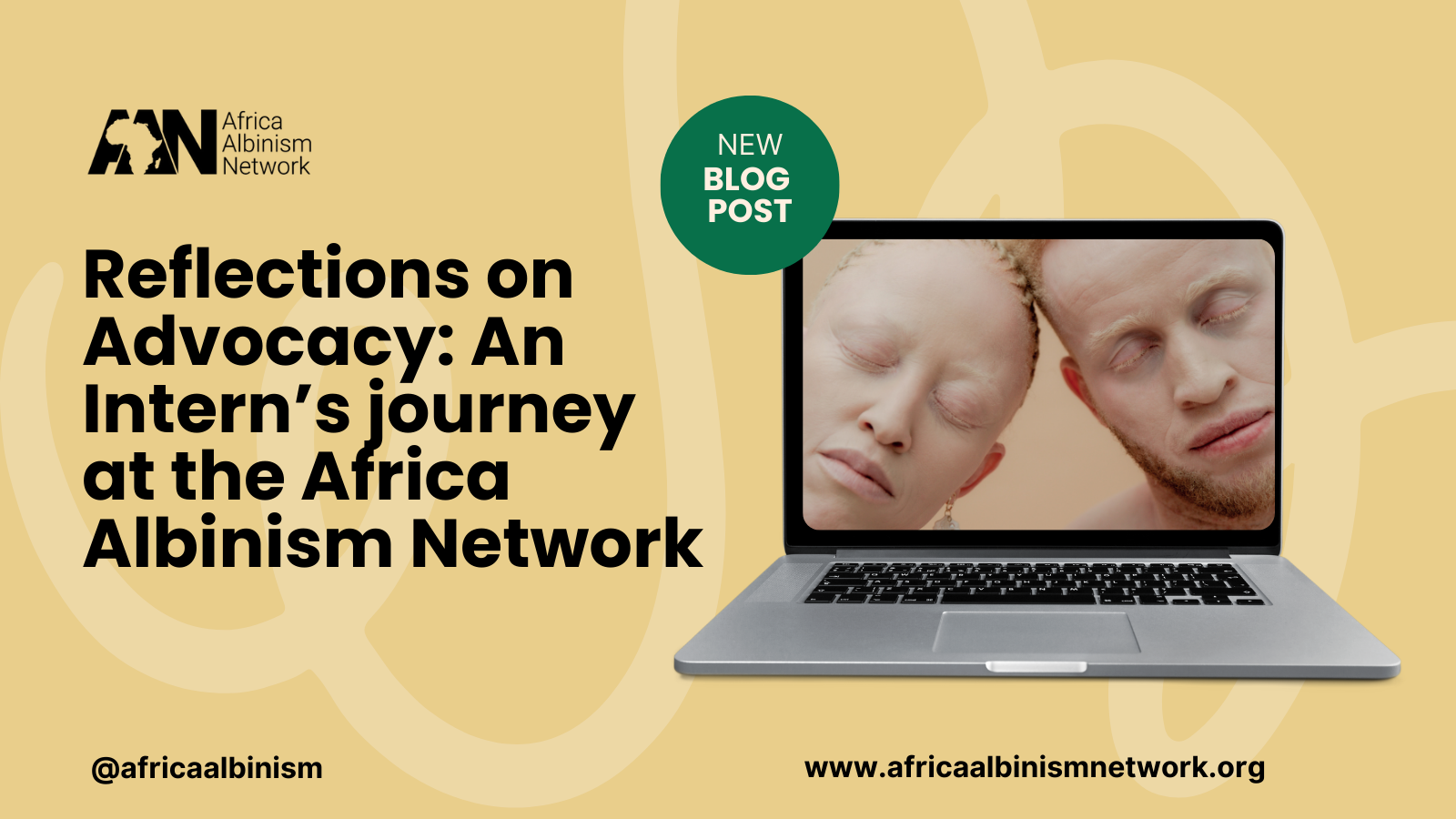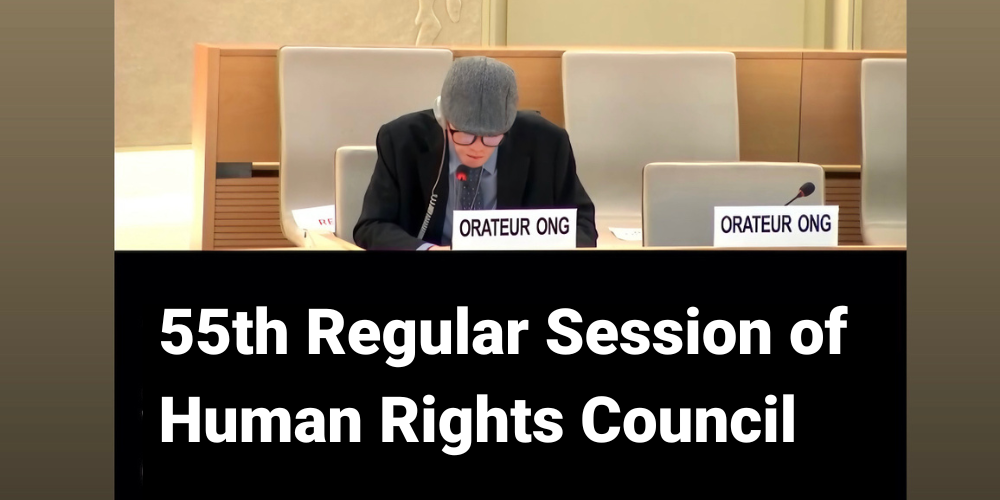From 3rd to 8th December, I attended the 28th United Nations Climate Change Conference – COP28 in Dubai. I was there to advocate for the inclusion of people with albinism (PWA) in climate change discussions. The sessions I attended were very engaging and evoked a sense of passion to speak even louder on climate change and its impact on people with albinism.
The feeling of being left behind became a reality, as most discussions never featured issues of disability, talk less of albinism or how we are disproportionately impacted by climate change.
At AAN, strengthening the focus on the healthcare impacts of climate change on people with albinism is a priority. We understand all too well that climate change is the fire at our doorstep. The impact of climate change on our lives as people with albinism is a daily affair, even without any climate disasters or extreme weather event. Rising temperatures and a lack of sunscreen accessibility expose PWAs to ultraviolet radiation, which increases the risk of skin cancer. Research clearly shows that in many contexts, 98 percent of people with albinism die before age 40 due to skin cancer linked to climate change.
It is my understanding that the health effects of climate change were never on the official agenda at COP conferences; however, the tides have changed, and it has become an official agenda topic. There was even a dedicated Health Pavilion. I was grateful to be a panelist on a session titled “Disability Rights and the Climate Crisis: Inclusive Decision-Making, Climate Disasters, and Impacts on the Rights of People with Disabilities and Chronic Health Conditions.” I led my presentation with personal stories. I believe this is how we can connect with each other and learn new ways to respond to climate change.
Skin cancer is a silent killer for people with albinism. It kills more people with albinism than physical attacks. There is not enough information and so people think we just disappear.
For this panel, I was joined by one of AAN’s trusted collaborators, the UN Independent Expert on Albinism, Muluka-Anne Miti-Drummond. She emphasized that talking about a safe and sustainable planet is not possible if some of those who are most affected – people with disabilities – including people with albinism – are excluded from discussions. Without a voice, our needs do not get addressed.
I also attended a gathering organized by the Global Disability Innovation Hub, and it was an empowering experience. This gathering wasn’t just a meeting; it was a collective effort to pave the way for more inclusive futures. The highlight of this event was a climate walk, and it was made even more impactful by the presence of Michael Hadad, the UNDP Arab States Goodwill Ambassador on Climate Action. Walking alongside Michael, I felt a profound sense of purpose and unity. Michael’s participation and advocacy echoed the call for inclusivity in climate change adaptation, bringing to the forefront the specific needs of individuals with disabilities.
The impact of climate change does not affect everyone equally. I found myself amidst a profound collaboration between UN Women and UAE-based organizations to talk about the intersection of climate change and gender-based violence. As I listened and contributed to the discussions, I was struck by the palpable urgency in the room. We were not just sharing statistics and theoretical models; we were talking about real lives, about women, indigenous groups and other groups at risk who face the brunt of climate change in ways that often go unseen.
As I reflect on my time at COP28, AAN is helping to shape a world where diversity is not just accepted but celebrated and the rights of every individual, regardless of their differences, are fiercely upheld. We need more people with albinism, young and seasoned, to speak up about their experiences, and we need to advocate for sunscreen to be on the list of WHO’s essential medicines. By signing the petition to the WHO, we can push for global acknowledgement and support to make sunscreen accessible and affordable. This action, combined with local initiatives and awareness campaigns, can significantly reduce the risk of skin cancer for People with albinism.
High-level decisions made at conferences like this can be life or death for our community. Our right to life, education, work, and health is violated if climate action policies for protection are not meaningfully designed with people with disabilities –including people with albinism – in mind.


